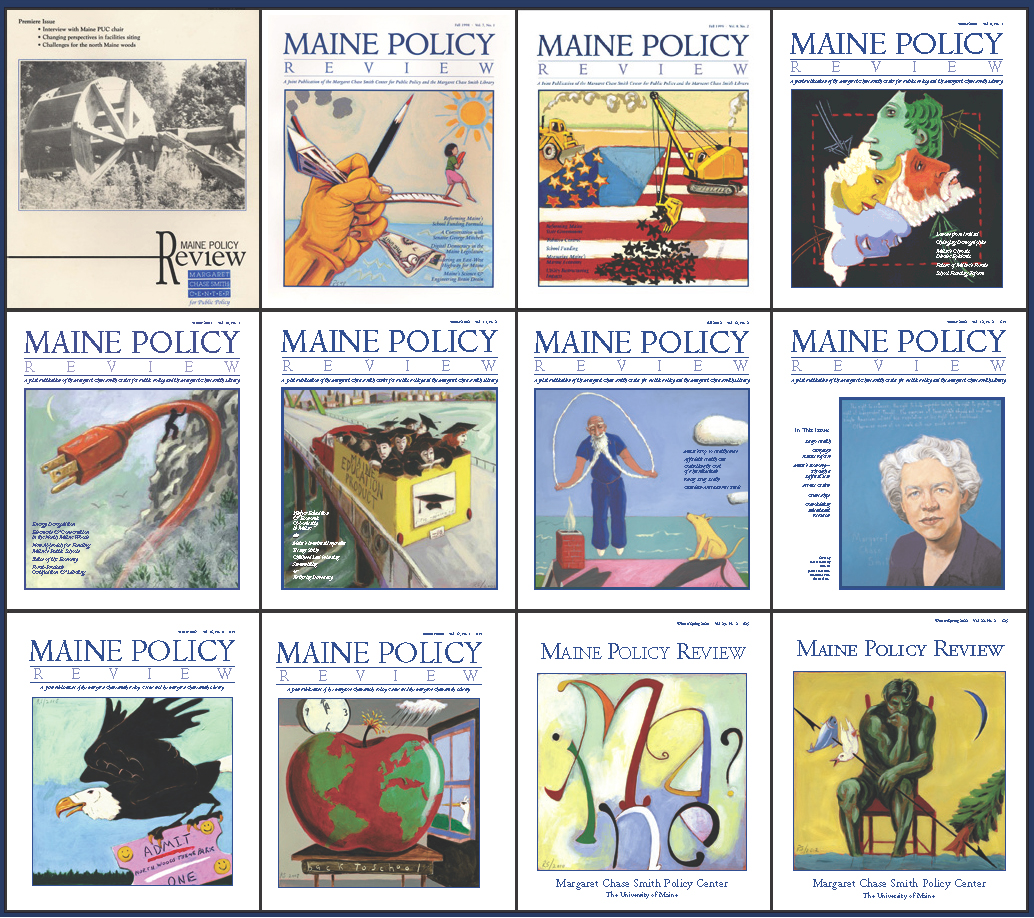
Maine Policy Review 33(1): 3 New Articles Available Now
ORONO, Maine – Maine Policy Review, a leading peer-reviewed journal focusing on policy analysis and research in Maine, is excited to announce the release of 3 new articles in Volume 33, Issue 1: an essay containing a proposed new paradigm to rejuvenate our society, rebuild trust in our government, and renew pride in our country, and two commentaries on the housing crisis and on the pardon of Donald Gellers.
“Good Fences Make Good Governments” by John K Veroneau – In this issue’s Margaret Chase Smith Essay, Ambassador John K. Veroneau describes a new paradigm that he believes is needed to rejuvenate our society, rebuild trust in our government, and renew pride in our country. Whatever its contours, this new paradigm will create a new equilibrium and establish for another long period of time what Americans should expect from government and from each other.
“State Housing-Choice Vouchers as a Solution to the Housing Crisis: Potential Vulnerabilities and Possible Alternatives” by River Dufour explains how Section 8 does not meet the needs of most communities, he considers the vulnerabilities of this strategy for addressing the housing crisis in Maine and proposes viable alternatives to address the immediate needs of low-income households.
“An Extraordinary Pardon” by Derek P. Langhauser describes the theory, origin, purpose, and process of the pardon power and discusses the story behind Maine Governor Janet T. Mills’s pardon of Donald Gellers, a lawyer who represented members of the Passamaquoddy tribe in court and advocated for their civil rights. Langhauser explains how the pardon of Gellers helped advance subsequent policy actions in Maine.
Maine Policy Review publishes timely, independent, peer-reviewed analysis of public policy issues relevant to the state of Maine. The journal is published two times per year by the Margaret Chase Smith Policy Center at the University of Maine. It is intended for a diverse audience, including state policymakers; government, business, and nonprofit leaders; students; and general readers with a broad interest in public policy.
